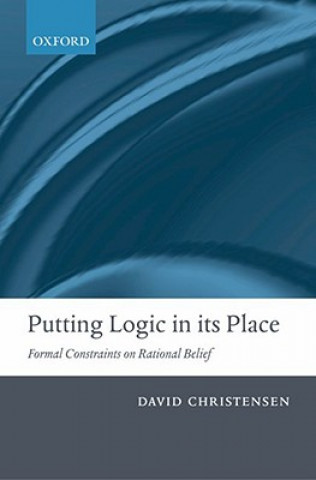
Kod: 04477461
Putting Logic in its Place
Autor Christensen
What role, if any, does formal logic play in characterizing epistemically rational belief? Traditionally, belief is seen in a binary way - either one believes a proposition, or one doesn't. Given this picture, it is attractive to ... więcej
- Język:
 Angielski
Angielski - Oprawa: Miękka
- Liczba stron: 200
Wydawca: Oxford University Press, 2007
- Więcej informacji o książce

Zobacz książki o podobnej tematyce
-

Pete Sampras
84.57 zł -4 % -

Mr Majeika and the Lost Spell Book
33.90 zł -23 % -

Glimmer
61.73 zł -23 % -

Language of Success
88.23 zł -3 % -

Managing the Knowledge-Intensive Firm
297.10 zł -

Readings in Industrial Economics
290.90 zł -

Oxfordshire Christmas
52.89 zł -15 %
Podaruj tę książkę jeszcze dziś
- Zamów książkę i wybierz "Wyślij jako prezent".
- Natychmiast wyślemy Ci bon podarunkowy, który możesz przekazać adresatowi prezentu.
- Książka zostanie wysłana do adresata, a Ty o nic nie musisz się martwić.
Więcej informacji o Putting Logic in its Place
Za ten zakup dostaniesz 170 punkty
 Opis
Opis
What role, if any, does formal logic play in characterizing epistemically rational belief? Traditionally, belief is seen in a binary way - either one believes a proposition, or one doesn't. Given this picture, it is attractive to impose certain deductive constraints on rational belief: that one's beliefs be logically consistent, and that one believe the logical consequences of one's beliefs. A less popular picture sees belief as a graded phenomenon. This picture (explored more by decision-theorists and philosophers of science thatn by mainstream epistemologists) invites the use of probabilistic coherence to constrain rational belief. But this latter project has often involved defining graded beliefs in terms of preferences, which may seem to change the subject away from epistemic rationality. Putting Logic in its Place explores the relations between these two ways of seeing beliefs. It argues that the binary conception, although it fits nicely with much of our commonsense thought and talk about belief, cannot in the end support the traditional deductive constraints on rational belief. Binary beliefs that obeyed these constraints could not answer to anything like our intuitive notion of epistemic rationality, and would end up having to be divorced from central aspects of our cognitive, practical, and emotional lives. But this does not mean that logic plays no role in rationality. Probabilistic coherence should be viewed as using standard logic to constrain rational graded belief. This probabilistic constraint helps explain the appeal of the traditional deductive constraints, and even underlies the force of rationally persuasive deductive arguments. Graded belief cannot be defined in terms of preferences. But probabilistic coherence may be defended without positing definitional connections between beliefs and preferences. Like the traditional deductive constraints, coherence is a logical ideal that humans cannot fully attain. Nevertheless, it furnishes a compelling way of understanding a key dimension of epistemic rationality.
 Szczegóły książki
Szczegóły książki
Kategoria Książki po angielsku Humanities Philosophy Philosophy: epistemology & theory of knowledge
293.64 zł
- Pełny tytuł: Putting Logic in its Place
- Podtytuł: Formal Constraints on Rational Belief
- Autor: Christensen
- Język:
 Angielski
Angielski - Oprawa: Miękka
- Liczba stron: 200
- EAN: 9780199204311
- ISBN: 0199204314
- ID: 04477461
- Wydawca: Oxford University Press
- Waga: 238 g
- Wymiary: 204 × 135 × 12 mm
- Data wydania: 15. February 2007
Ulubione w innej kategorii
-

Tetralogue
43.04 zł -23 % -

Short History of Decay
47.71 zł -23 % -

Trade Like a Stock Market Wizard: How to Achieve Super Performance in Stocks in Any Market
107.93 zł -23 % -

Outer Limits of Reason
107.93 zł -11 % -

Fabric of Reality
42.94 zł -37 % -

Beyond Good and Evil
51.57 zł -9 % -

What Does It All Mean?
250.89 zł -

Hamlet's Mill
109.55 zł -9 % -

Truth and Method
135.34 zł -4 % -
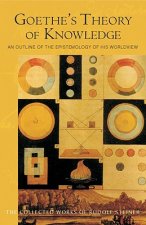
Goethe's Theory of Knowledge
82.85 zł -8 % -

Ego Tunnel
114.93 zł -

Manual for Creating Atheists
63.35 zł -8 % -

Objectivity
136.87 zł -8 % -
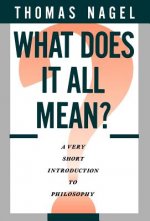
What Does It All Mean?
122.55 zł -

Lectures on the Will to Know
94.32 zł -9 % -

Introduction to the Theory of Knowledge
217.49 zł -

Subjectivity and Selfhood
177.38 zł -

Hermeneutics: A Very Short Introduction
43.04 zł -23 % -

Opacity of Mind
94.63 zł -

Oxford IB Diploma Programme: Theory of Knowledge Course Companion
386.25 zł -

Pearson Baccalaureate Theory of Knowledge second edition print and ebook bundle for the IB Diploma
242.47 zł -

Against Method
100.31 zł -11 % -
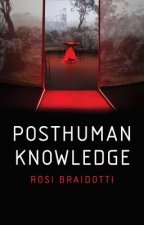
Posthuman Knowledge
101.73 zł -

Knowledge: A Very Short Introduction
41.32 zł -19 % -

Being Wrong
52.38 zł -23 % -

Introduction to Objectivist Epistemology
128.23 zł -

Ecstasy of Communication
66.40 zł -11 % -
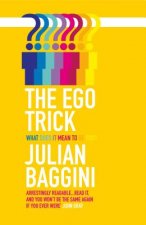
Ego Trick
47.71 zł -23 % -
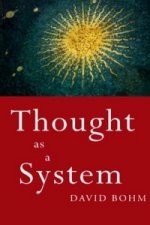
Thought as a System
252.62 zł -

Self and Other
203.27 zł -
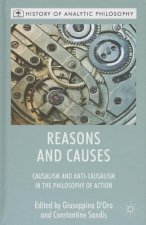
Reasons and Causes
624.87 zł -

Soul of the Marionette
52.38 zł -23 % -
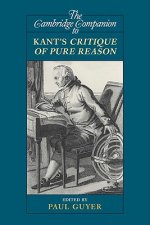
Cambridge Companion to Kant's Critique of Pure Reason
160.02 zł -8 % -

Truth
67.31 zł -8 % -
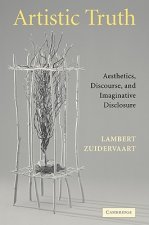
Artistic Truth
252.62 zł -

Self
52.38 zł -23 % -

Freedom Regained
47.71 zł -23 % -

Transformative Experience
131.48 zł -

Gregory Bateson
104.68 zł -5 % -

Agnotology
137.37 zł -
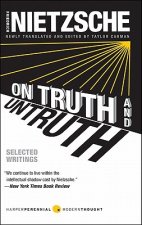
On Truth and Untruth
51.17 zł -3 % -

Introduction to the Theory of Knowledge 2e
129.96 zł -

Failure
113.72 zł -8 % -
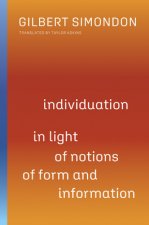
Individuation in Light of Notions of Form and Information
139.30 zł -4 % -
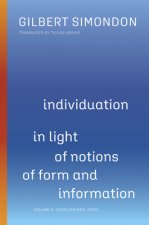
Individuation in Light of Notions of Form and Information
139.30 zł -4 % -

Mystique of Enlightenment
94.32 zł -

In Over Our Heads
206.93 zł -
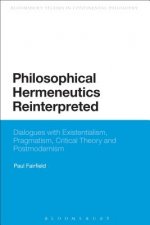
Philosophical Hermeneutics Reinterpreted
301.26 zł -

Quine and His Place in History
573.28 zł
zadowolonych klientów
Od roku 2008 obsłużyliśmy wielu miłośników książek, ale dla nas każdy był tym wyjątkowym.
Copyright! ©2008-24 libristo.pl Wszelkie prawa zastrzeżonePrywatnieCookies



 21 milionów książek
21 milionów książek Dostawa 10.99 zł
Dostawa 10.99 zł (32) 444 93 66 (8-15.30h)
(32) 444 93 66 (8-15.30h)